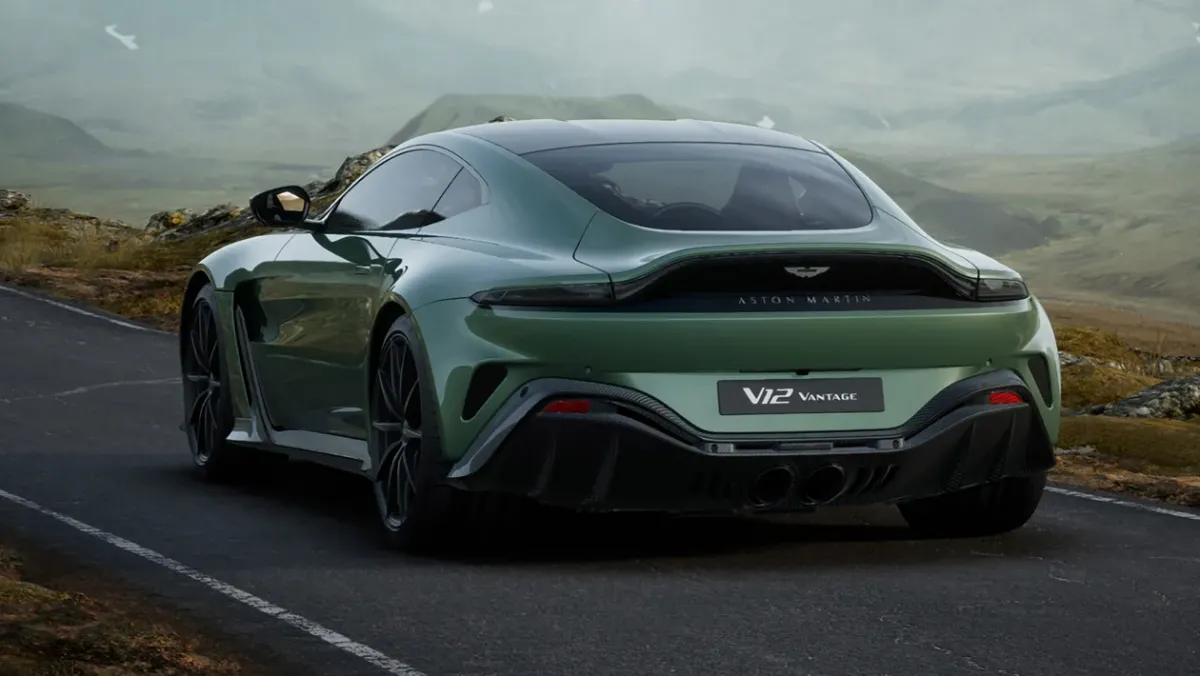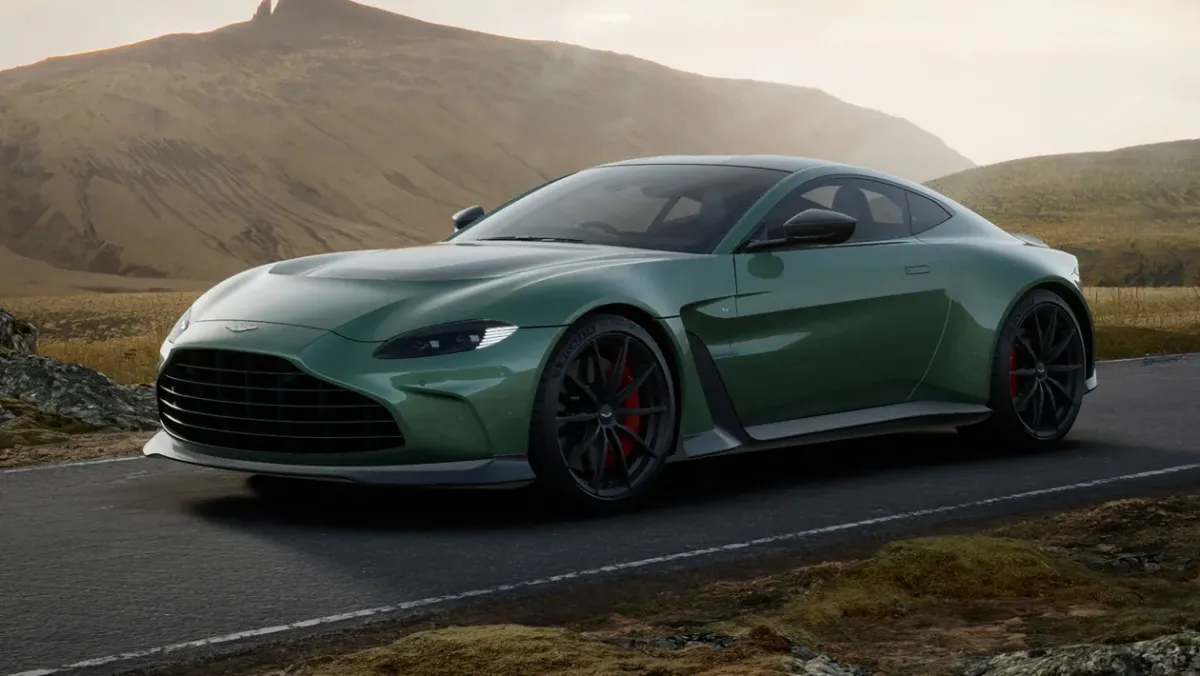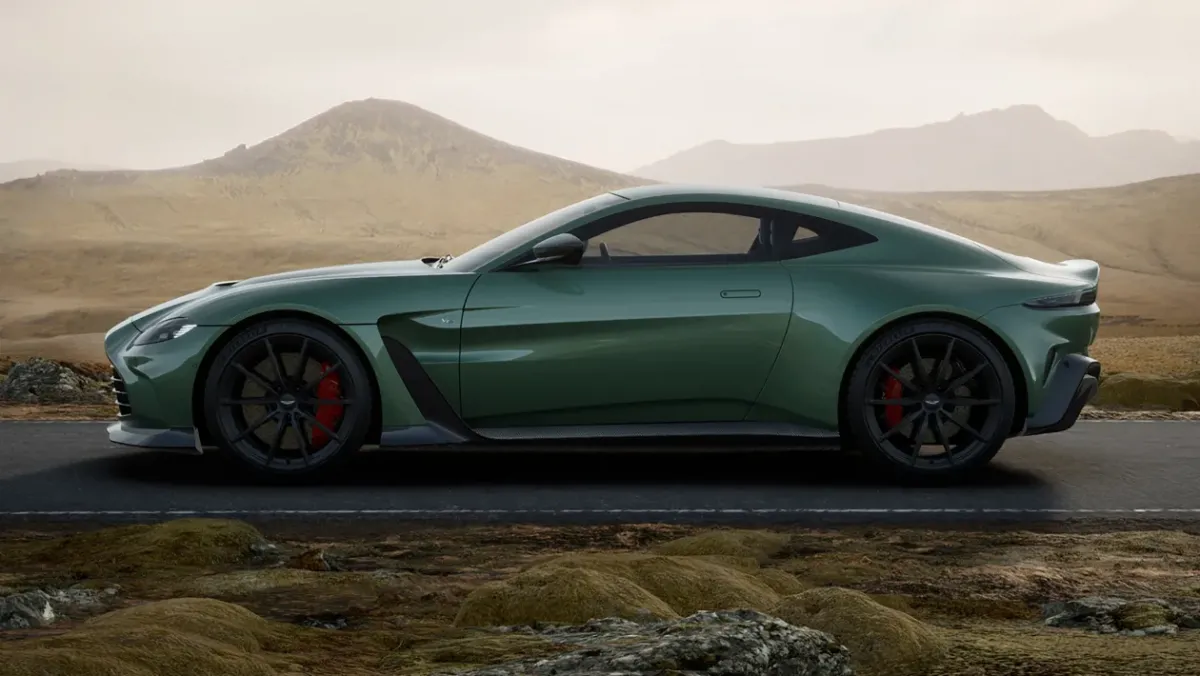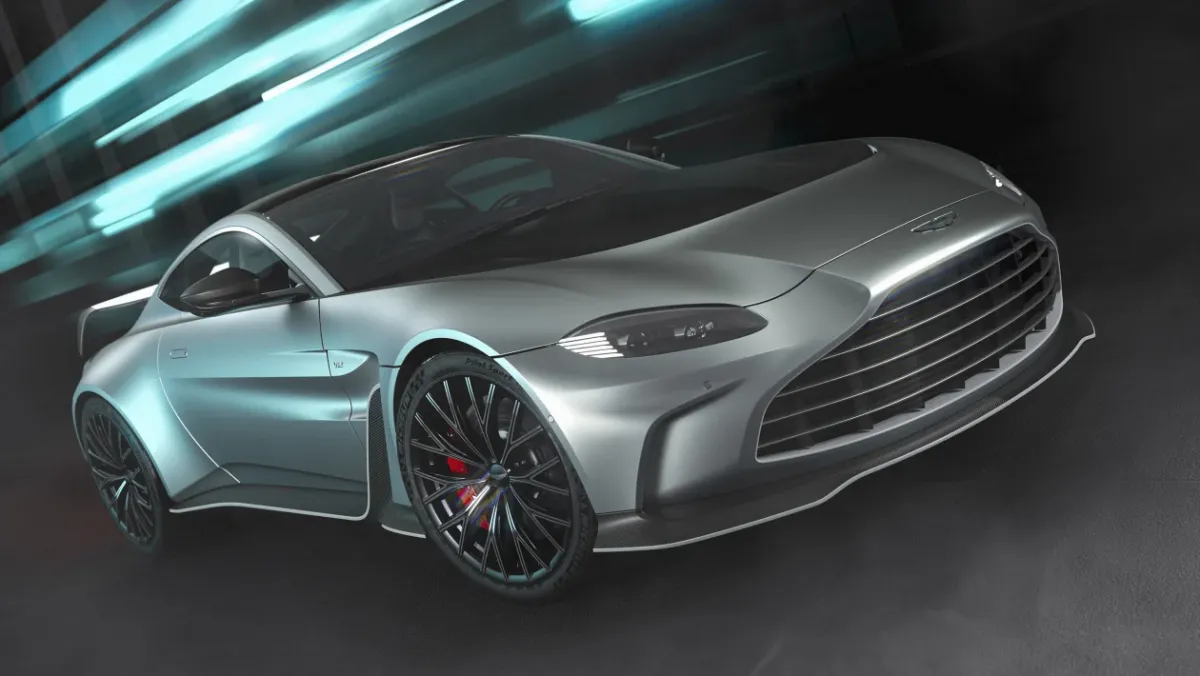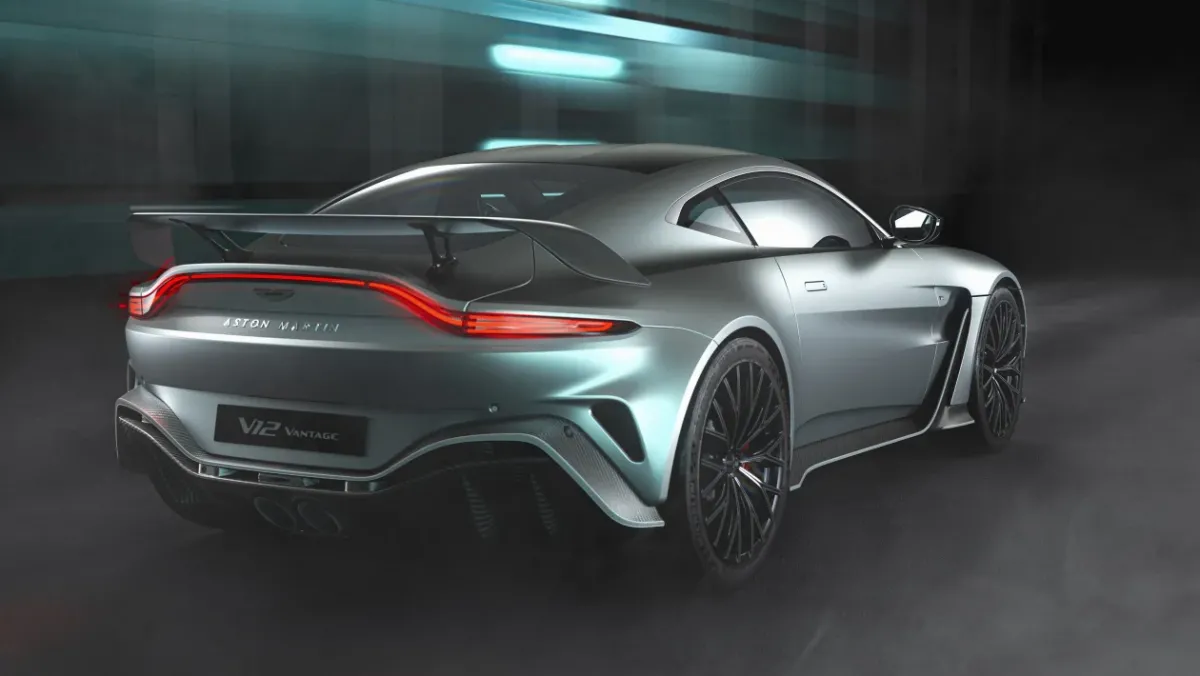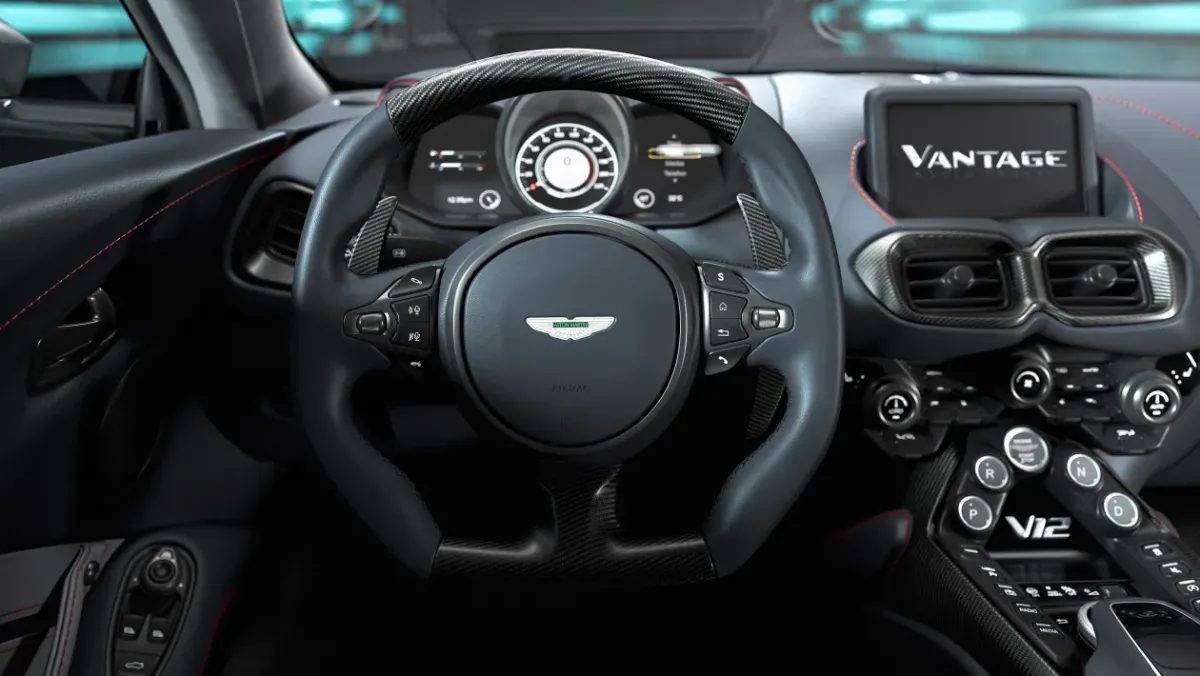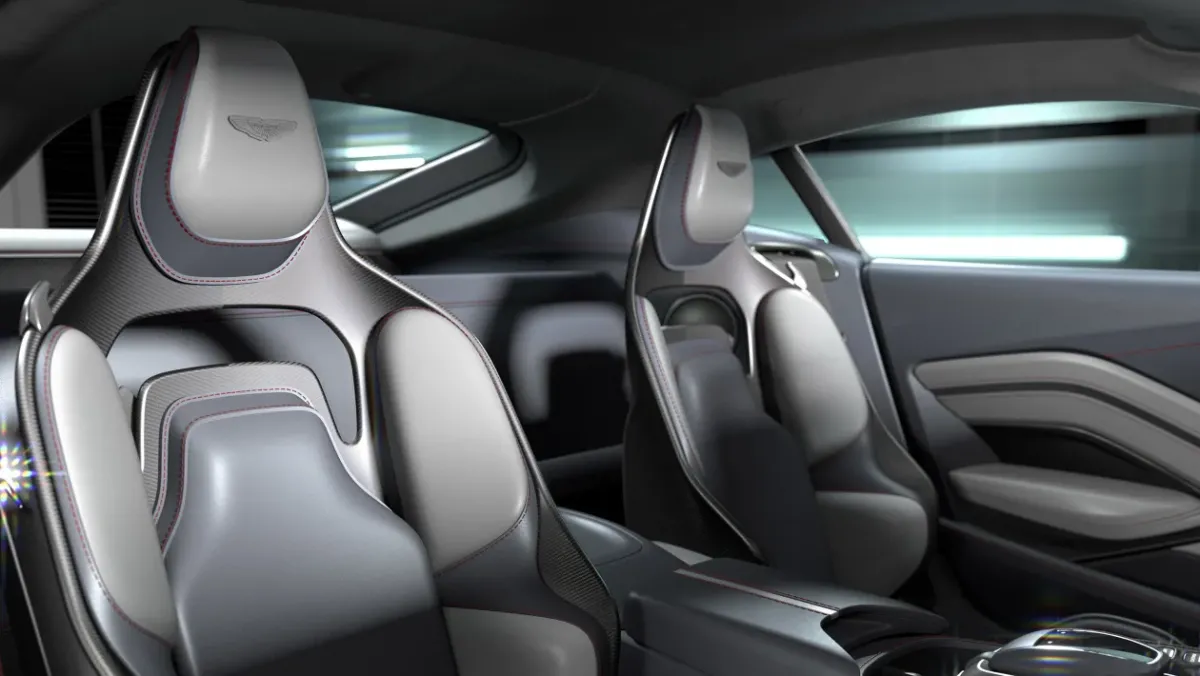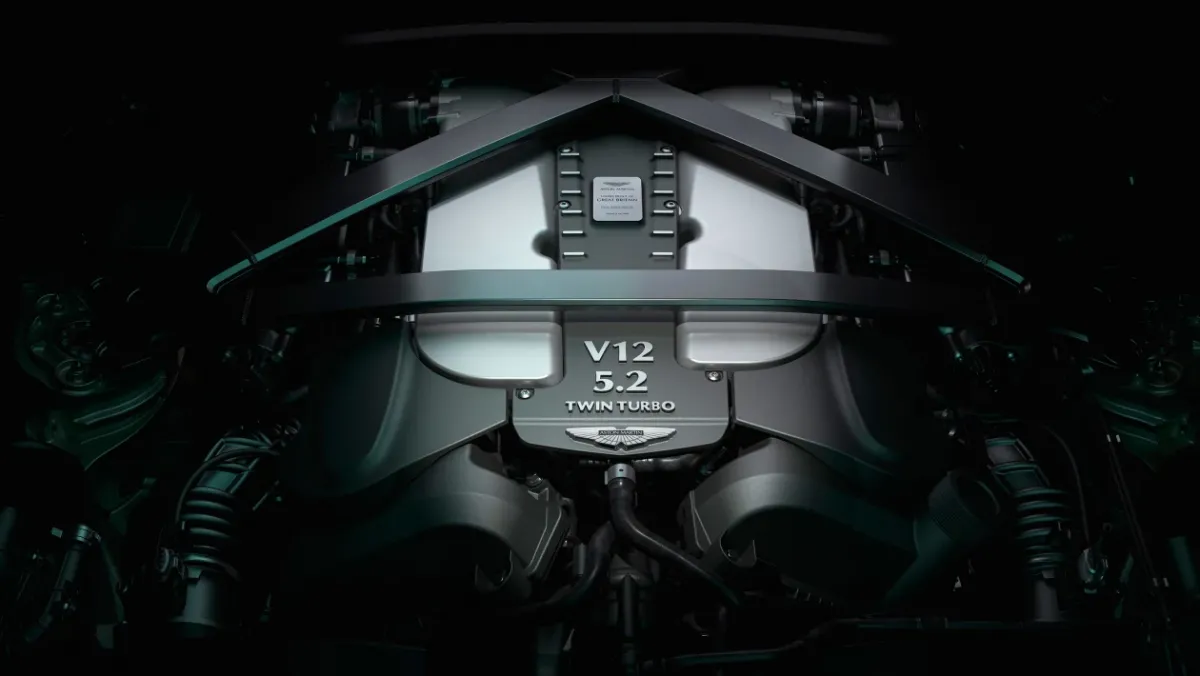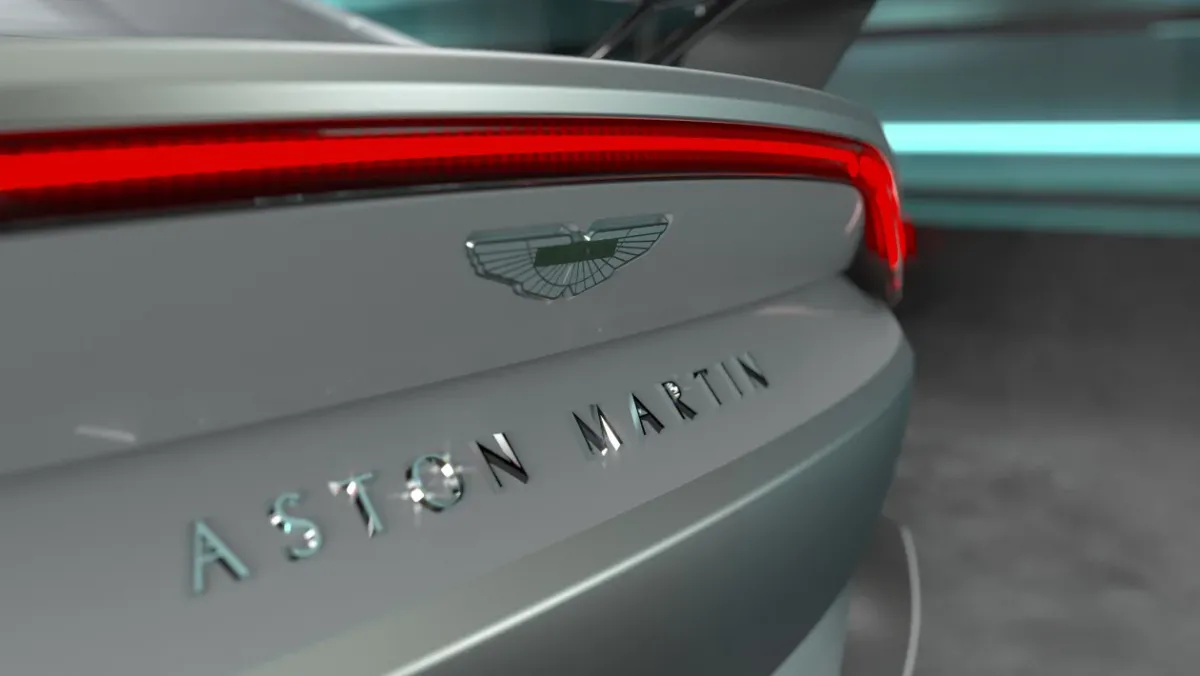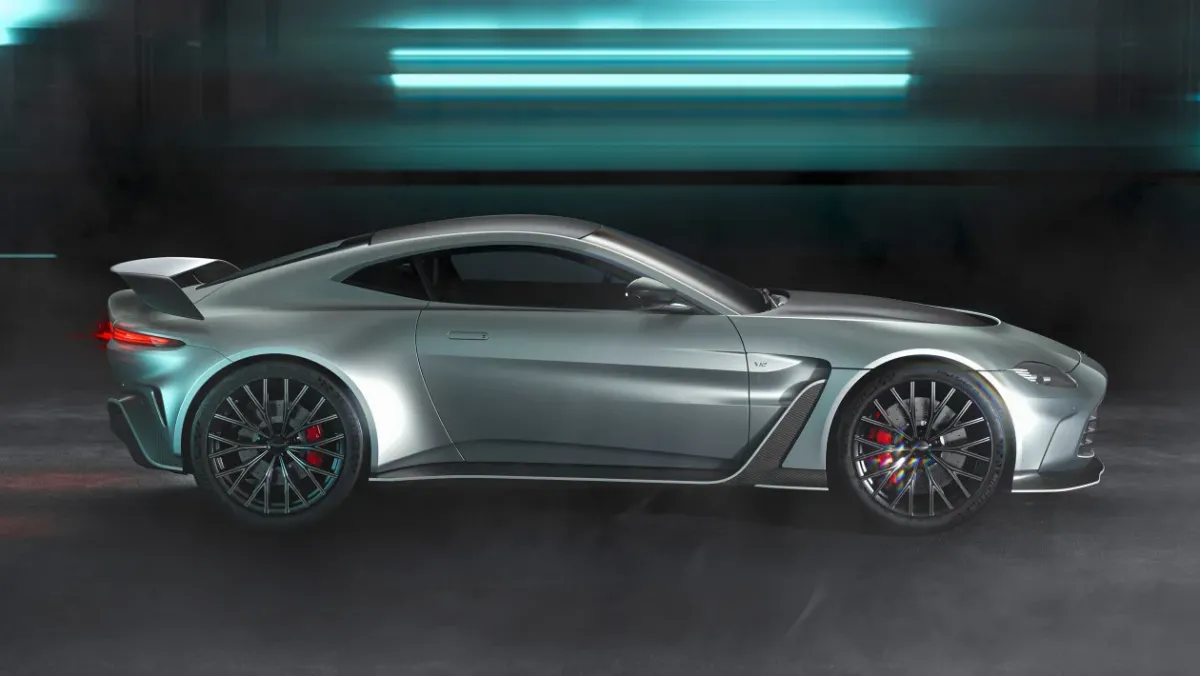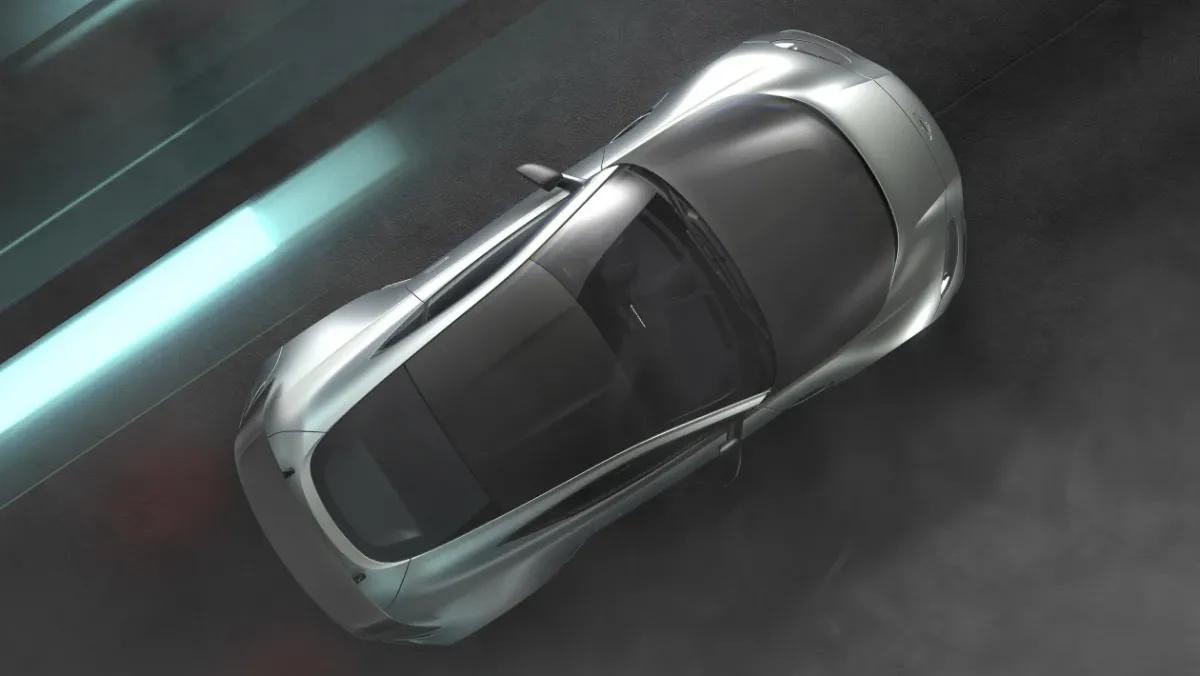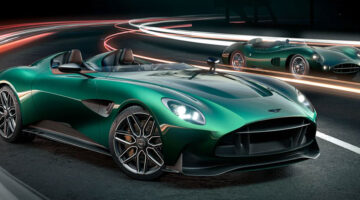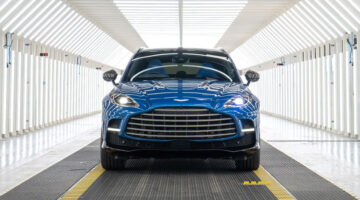It’s officially the end of the line for the V12-powered Vantage, with Aston Martin marking the occasion with this new run-out special
Aston Martin is calling time on its V12-engined Vantage with one last hoorah in the form of a new 690bhp wide bodied V12 Vantage, limited to 333 units with the first examples due for delivery this spring. If you’d like one, though, you’ll need to start scouring the classifieds because they all sold within a few weeks of their confirmation in December 2021 with, according to Aston Martin, a healthy list of hopefuls waiting for some to drop out.
What are we missing out on? The same quad-cam, 60-degree 5.2-litre twin-turbocharged V12 that provides the grace in a DB11 and the thumping punch to the kidneys in the DBS, but this time with the wick turned up to a Speedster-equaling 690bhp and 555lb ft of torque – that’s a 187bhp and 50lb ft increase over a V8 Vantage, making this final V12 Vantage the most powerful variant yet. A 322kph claimed maximum speed and 3.4sec 0-100kph time makes it the fastest too, despite a 1795kg kerb weight in its lightest trim. Expect it to be loud with a new centre exhaust system that’s manufactured by 1mm thick stainless steel and saves 7.2kgs over the V8 Vantage’s system.
> Aston Martin DBX 707 prototype 2022 review – a match for the Lamborghini Urus?
There’s a reworked eight-speed ZF gearbox and mechanical limited slip diff, with the shift calibration and speed improved from development carried out when producing both the limited edition Speedster and the Vantage F1 Edition models.
Aston Martin has also turned its attention to the V12 Vantage’s body, mixing design inspiration from the V8-engined GT8 and V12 GT12 models in terms of a body and some serious looking aero. A 40mm track increase is accommodated with wider front and rear bodywork, the majority of which is manufactured from carbonfibre and composite materials. The former is used for the front bumper and bonnet that feature an evolution of the GT12’s horseshoe cooling vent, front wings and side sills – the front grille opening is also 25 per cent larger for improved cooling than a regular Vantage. Composite is used for the rear bumper and deck lid.
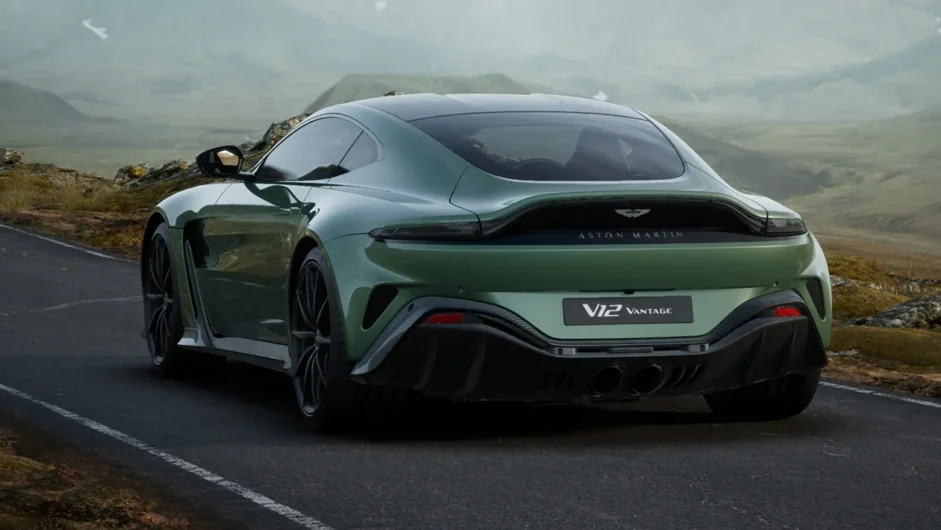
As well as increasing in width, the V12’s body and structure is also stiffer by eight per cent with a 6.7 per cent increase in lateral stiffness. Additional front and rear shear panels are used, so too is additional bracing between the rear suspension turrets and fuel tank.
Beneath its enlarged body is a reworked chassis featuring front spring rates that are 50 per cent stiffer, rears that are 40 per cent stiffer and 13 per cent stiffer top mounts. Front anti-roll bar stiffness has been increased by five per cent, the rear by 41 per cent, but there’s now a secondary tender spring on the rear to soften the spring rate when needed. New geometry and bushing has been developed for the front wishbones and rear multi-link set-up, with the active damper settings recalibrated along with the steering to improve response rate and feel.
Carbon ceramic brakes are standard, saving 23kg of unsprung weight. They include 410mm front discs with six-piston calipers and 360mm discs and four-piston calipers on the rear. Michelin’s Pilot Sport 4S tyre is standard, measuring 275/35 at the front and 315/30 rear.
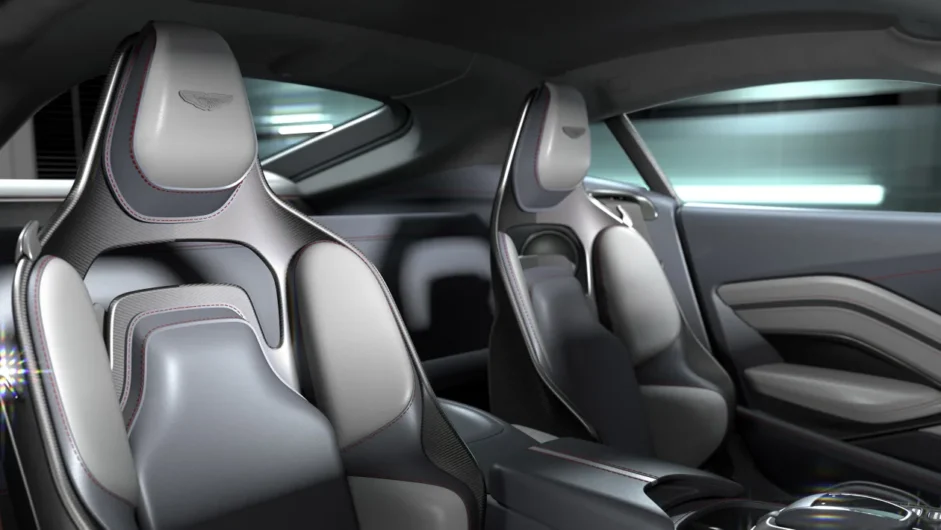
It won’t have escaped your attention that the V12 Vantage has been through the hands of aerodynamicists, with a new front splitter, underfloor, rear diffuser and rear wing, although this last element can be removed without impacting the car’s aero performance. Which is impressive and curious in equal measure, because if you don’t need it why fit it?
Inside, a new design of carbonfibre sports seat is available as an option, saving 7.3kg over the standard chairs. They are part of a lightweight package, which also includes lightweight 21-inch wheels, lower and upper carbon body elements, manual adjustment for the steering wheel and a carbonfibre interior trim package.
Since the original V12 Vantage Concept was shown in 2007, the smallest Aston packing the biggest punch has always had an enduring appeal, and while this last example might lack the sonorous tones of its naturally aspirated predecessors, we don’t expect it to lack any of the thrills…
This article originally appeared at evo.co.uk
Copyright © evo UK, Autovia Publishing


